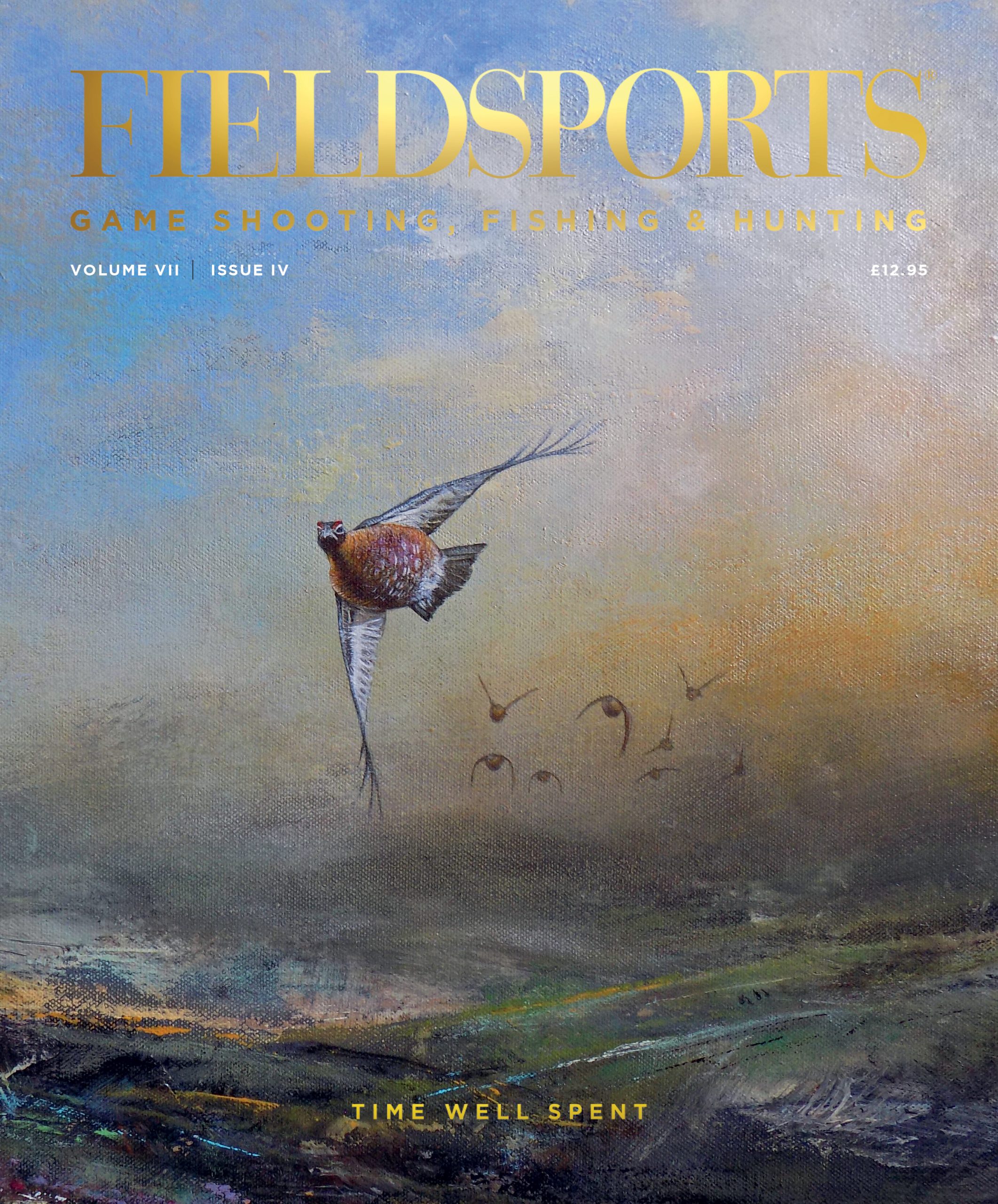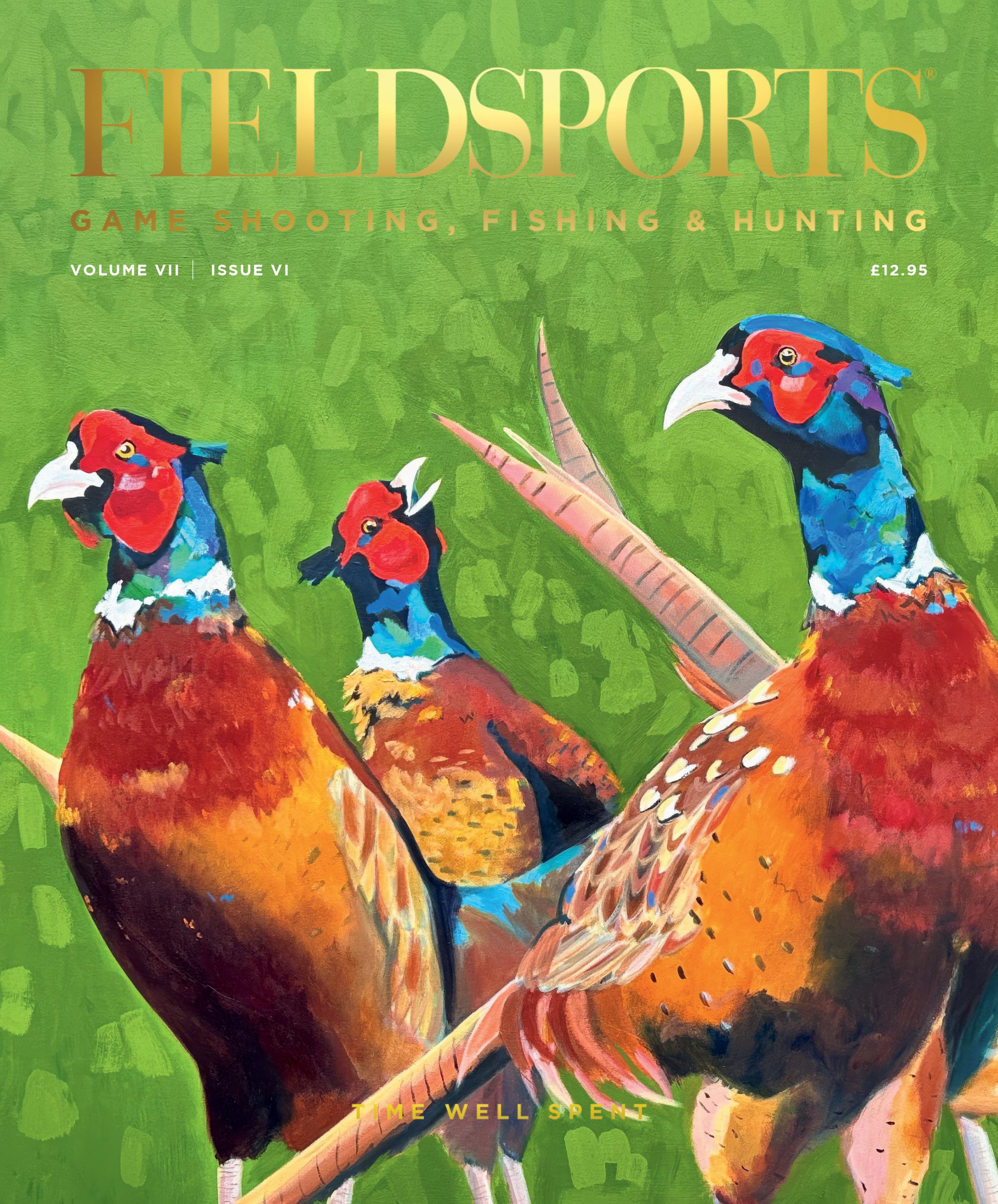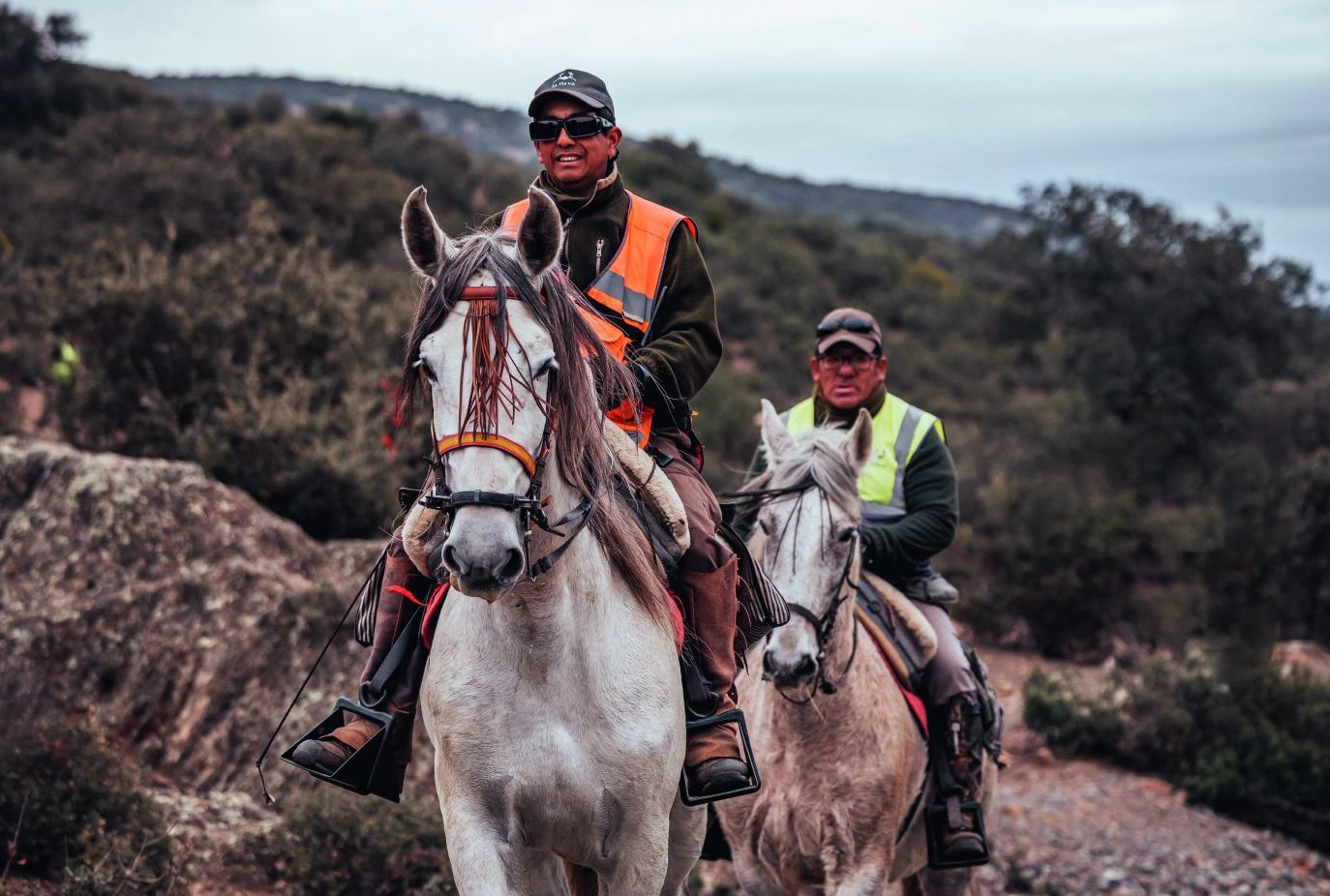The countdown is on for The British Shooting Show – book tickets online today and save on gate price!
The future could be bright
Atlantic Salmon are in crisis. Since 1985, the number of returning Atlantic salmon has dropped from 8-10million fish to less than 3million, and there are no signs of this decline abating.

The Missing Salmon Alliance
The Missing Salmon Alliance (MSA) is a collaboration between the Atlantic Salmon Trust (AST), Salmon & Trout Conservation (S&TC), the Game & Wildlife Conservation Trust (GWCT), and the Angling Trust (AT). Playing as a team to each partner’s strengths, the Alliance is delivering the resources and energy to seek to halt the decline. Funding can be focused to maximum effect and potential duplication of effort eliminated. They will collaborate to halt and reverse the devastating collapse of wild salmon returning to UK rivers.
The object is to focus and coordinate research, policy and management objectives, and take urgent action to tackle the issues impacting salmon and to make it clear what is being done, and by whom. Existing work, which forms an agreed platform of research and policy, is being coordinated by the partners, and new joint projects will be brought forward.
Atlantic salmon decline is not a local problem. The Alliance is working with international partners across the North Atlantic including the Atlantic Salmon Fund, the North Atlantic Salmon Fund and the North Atlantic Salmon Conservation Organisation. The Alliance is keen to work with all who want to save the king of fish.
The likely suspects framework
The first key new joint project is the development of the Likely Suspects Framework. This will bring together and analyse, for the first time, existing data on salmon and sea trout from all around the North Atlantic.
The objectives are:
• To model the causes of the decline and triage their importance
• To identify gaps in our knowledge and prioritise further work to fill those gaps
• To draw up and implement a joint programme of action to address the issues
A small team has already been assembled to carry out the scientific data-collection and modelling and will be cooperating with a wide range of national and international government and NGO fisheries bodies in pursuing this project.
Current research
Members of the Alliance are already carrying out research work which will provide important inputs to the Framework. The AST and GWCT are coordinating major programmes to track the movements and survival of young salmon and seatrout in southern England and Scotland. S&TC is expanding its programme of assessing water quality in salmon rivers through analysing aquatic invertebrates.
- The EU Interreg funded SAMARCH tracking program, co-ordinated by GWCT on the south coast of England, is already providing important ‘evidence’ of potential problems for smolts through estuaries and the coastal region
- Similarly, preliminary results from AST’s Moray Firth smolt-tracking work suggest that substantial numbers of the smolts fail to get out of the river before they even reach the sea, which highlights an issue for further investigation
- S&TC’s SmartRivers volunteer-led programme is about to add its first Scottish river – the Halladale – to its English and Welsh rivers. The invertebrate samples collected by local volunteers will be analysed down to individual species to provide water quality information. This is the first step in improving habitat to ensure nature’s own hatchery is working at maximum tilt
Current policy action
Actions to reduce the adverse effects of open-net salmon farming on wild fish have already been identified and acknowledged following the recommendations of the Scottish Parliamentary Inquiries in 2018. The ongoing campaign to secure the full implementation of those recommendations is supported by the Alliance and led by S&TC Scotland.
The AT and S&TC are also fighting for tighter regulation of the sources of pollution into our rivers across the entire country. A lobbying strategy is being prepared.
Future projects
Further projects will be identified and brought forward as the Framework develops. The tracking projects will be refined in response to initial findings just as a detective’s line of enquiry is shaped by evidence. Similarly, the SmartRivers data will underpin habitat restoration in rivers.
Related Articles
Get the latest news delivered direct to your door
Subscribe to Fieldsports Journal
Elevate your experience in the field with a subscription to Fieldsports Journal, the premium publication for passionate country sports enthusiasts. This bi-monthly journal delivers unparalleled coverage of game shooting, fishing and big game across the UK and beyond.
Each issue offers a stunning collection of in-depth features, expert opinions and world-class photography, all presented in a timeless yet contemporary design.
Save 10% on shop price when you subscribe, with a choice of packages that work for you. Choose from Print & Digital or Digital only with each journal delivered directly to your door or via the app every other month, plus access to past issues with the digital back issue library.







